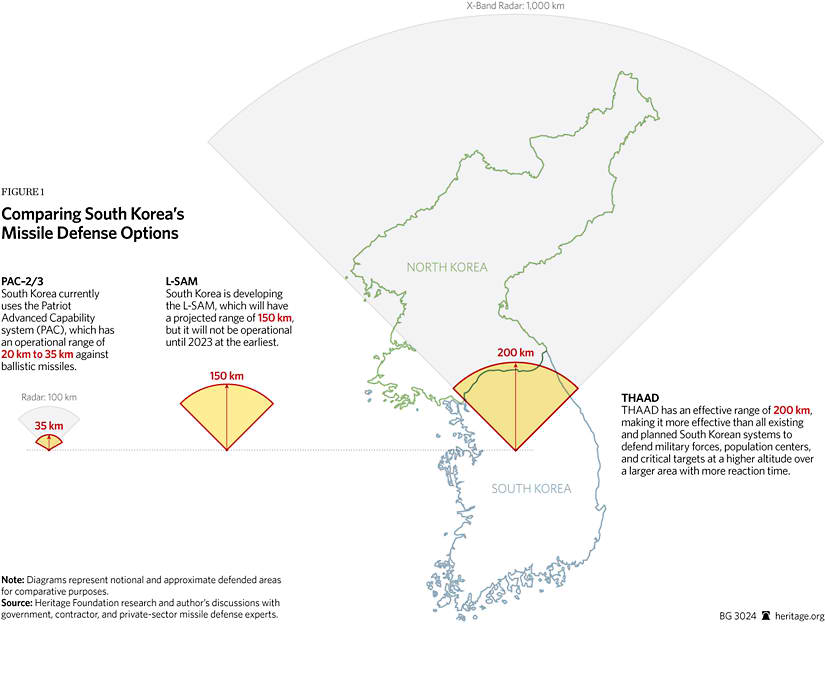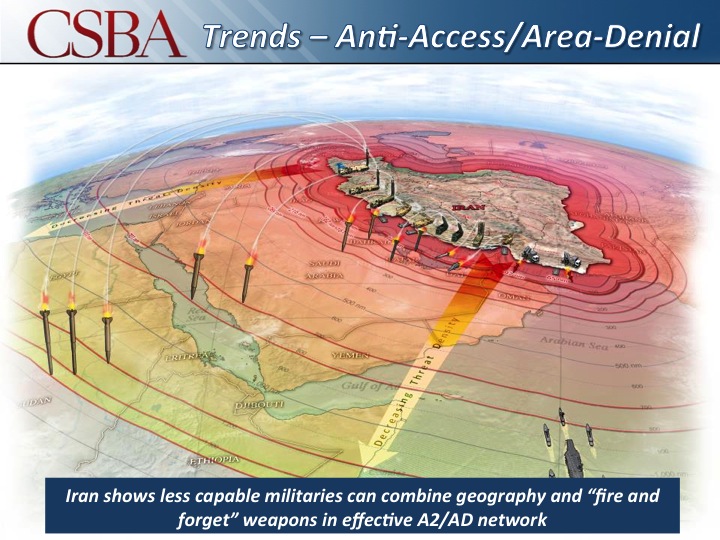Give Trump A Chance: NSC Staffer Pledges Thoughtful Strategy
Posted on
WASHINGTON: President Donald Trump has shaken this staid capital city by making policy pronouncements over Twitter. Far from the social media spotlight, however, Trump’s National Security Council, led by warrior-intellectual H.R. McMaster, is coordinating a comprehensive series of policy reviews that are deliberative, collegial and strategic, NSC staffer Christopher Ford said today. The new North Korea policy is already being implemented, and the Iran review is well underway.
But how, I asked, can such a thoughtful process influence a president so impulsive, one too impatient to read briefings longer than a single page?
First, “I’m not sure I would grant the predicate (about the president’s temperament) necessarily,” Ford told me. Second, he said, “give us a chance to see how this works together. We are still building this out.”
“In most areas, we don’t know precisely what happens when a built-up policy is submitted for final review because we haven’t had the chance to do it very much,” Ford noted. “We did do that with North Korea. I think that’s an example of how it’s actually worked quite well.”

THAAD missile defense coverage compared to Patriot. (Heritage Foundation graphic)
North Korea
The review of North Korea policy was one of the administration’s first, Ford confirmed. While critics have called out confusing statements on both policy and practicalities such as where the USS Carl Vinson battle group was going, other observers — including the notoriously anti-Trump Washington Post editorial page — have called it rational and measured.
“Give us a chance,” Ford repeated. “I think you might be surprised — at least I hope so.”
Even the venue of Ford’s remarks today was telling. He spoke to the relentlessly centrist Center for Strategic & International Studies, a pillar of the bipartisan national security establishment. It was the first official appearance by an NSC staffer at CSIS, and only the second by a Trump national security official (CIA director Mike Pompeo came in April). Ford himself is a veteran Senate staffer, former State Department official and thinktanker, not an outsider firebrand.
In the North Korea review, Ford said, “I was extremely impressed by the degree to which we were both allowed and encouraged to think through from first assumptions a full range of options,” all the way from outright embracing Pyongyang “with sloppy kisses” to using armed force, rather than just tweaking the current policy. In the end, he said, the review found new tools for pressuring North Korea, “things that had not been done in the past” to close off economic support for their weapons program.
“As Secretary (of State) Tillerson has said, we are not in the strategic patience business anymore, we are becoming gradually impatient,” Ford said. That said, “our objective is not to change the regime, it’s not to collapse the regime there, but it is to keep us from having to face the kind of very serious threats that they seem hell-bent on presenting us with.”

Reach of Iranian weapons systems (CSBA graphic)
Iran & Beyond
A similar strategic review is underway on Iran, looking not just at the Obama administration’s nuclear deal — which Trump called “the worst deal ever” — but at a range of issues from Iran’s missile program to its support for terrorists, insurgents, militias. “One of our complaints about the previous administration (was that) the emphasis on the JCPOA (Joint Comprehensive Plan of Action) itself had been such that the nuclear tail wagged the rest of the Iran policy dog,” making Obama reluctant to press Iran on any other issue if it might jeopardize the nuclear agreement, Ford said. “The nuclear deal became something on the altar of which the rest of Iran policy was to some degree sacrificed. We are determined not to do that.”
Across these various reviews — Korea, Iran, US nuclear triad modernization, and more — the goal has been to question assumptions and consider all options, Ford emphasized again and again. “The whole point was to avoid a circumstance in which a new administration comes in and says, ‘okay, here’s what the received wisdom is going to be, coming down as if chiseled in stone from Sinai, and thou wilt go forth and build a working group process to develop a policy…that conforms to that a priori assumption of what the right answer is,” he said. “That’s not what we’re doing.”
Thinking all this through takes time, Ford emphasized. “Give us a chance to develop and to articulate our policies,” he said. “Most of this stuff is still cooking in the oven.”
Subscribe to our newsletter
Promotions, new products and sales. Directly to your inbox.
